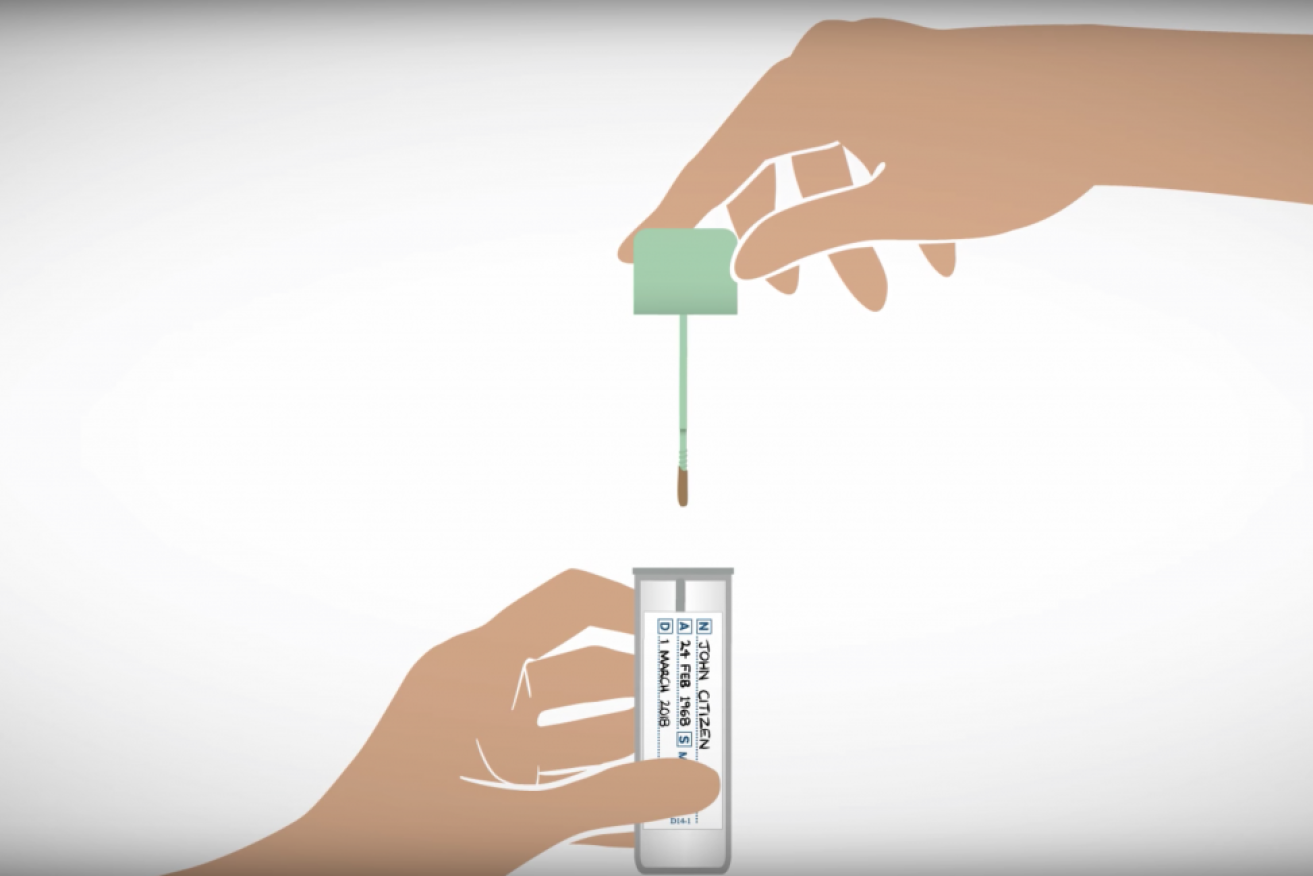Cancer screening programs massively reduce risk of death, new study shows


Cancer screening programs drastically increase the chance of surviving the disease, a new study shows. Photo: YouTube
Signing up for a cancer screening program could save your life according to a new study which found that screening massively increases survival rates.
People with breast, cervical and bowel cancers that are picked up through national cancer screening programs are far more likely to survive the disease than those diagnosed but who had never been screened, a report by the Australian Institute of Health and Welfare shows.
Women diagnosed with cervical cancer through screening had a staggering 87 per cent lower risk of dying than those who had never had a Pap test—a simple procedure which can be done for free by a GP.
Almost 7000 cases of cervical cancer were diagnosed in Australia in the decade to 2012, only about 5 per cent of which were diagnosed through cervical screening.
Australians who took part in bowel and breast cancer screening programs also benefitted greatly.
The risk of dying from bowel cancer was 40 per cent lower for people aged 50–69 who were diagnosed through the National Bowel Cancer Screening Program than for those with bowel cancer diagnosed outside the program.
About 11 per cent of the almost 31,500 bowel cancers diagnosed during the 2006–2012 study period were diagnosed through the program.
The report also looked at people’s patterns of screening for cancer, including how receiving the human papillomavirus (HPV) vaccine affects participation in cervical screening
The report also looks at people’s screening behaviours and shows that women vaccinated against HPV are more likely to participate in cervical screening than unvaccinated women.
“This suggests that women who are vaccinated against HPV are either more aware of the need to participate in cervical screening, or are more likely to take part in healthy behaviours generally,’ AIHW spokesman Justin Harvey said.
If barriers to participation in one screening program can be broken, there is potential to improve participation across other programs, the AIHW said.








